Despite Microsoft's efforts to entice users to abandon Windows 10 and switch to Windows 11, the latest Windows operating system has not achieved as much success as Microsoft expected. This may stem from users' preference for Windows 10 over its successor.
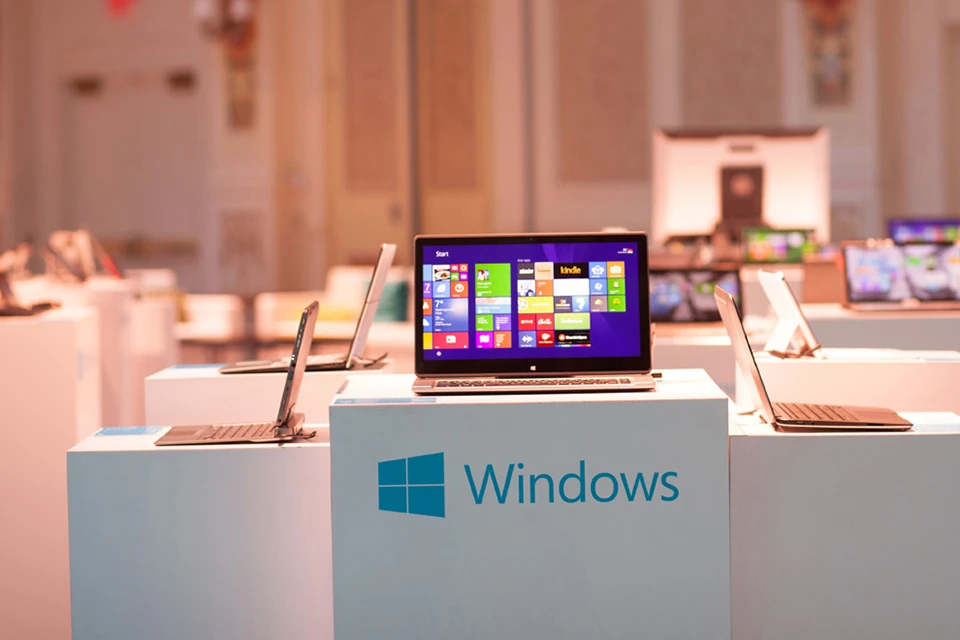
Windows 10 is still popular despite Windows 11 being out for several years
Windows 11 has had a rocky start since its launch in 2020. Users have been unimpressed by the increased requirements to install the operating system, as well as the need to use a TPM 2.0 chip and Secure Boot for no apparent reason. The inability to freely install the operating system on relatively new, powerful computers running Windows 10 has become one of the reasons why Windows 11 has barely broken 26% of the market share.
Another reason why users decide not to upgrade to Windows 11 is the aesthetic change that the system brings. Microsoft has experimented with the Windows interface many times, and one of the biggest changes came with Windows 8, but it was considered a complete failure. With Windows 11, the taskbar, Start menu, File Explorer, and many other system components were changed, but the average user did not want to see the elements they were familiar with changed. So many people decided to continue using the classic system.
Another reason why people decide not to upgrade is because of the large amount of bloatware that Windows 11 comes pre-installed. Microsoft is increasingly installing more apps and services by default to improve the user experience, but in reality, it is bloating your PC with unnecessary software. If you are looking for something lighter, Windows 10 is the ideal choice.
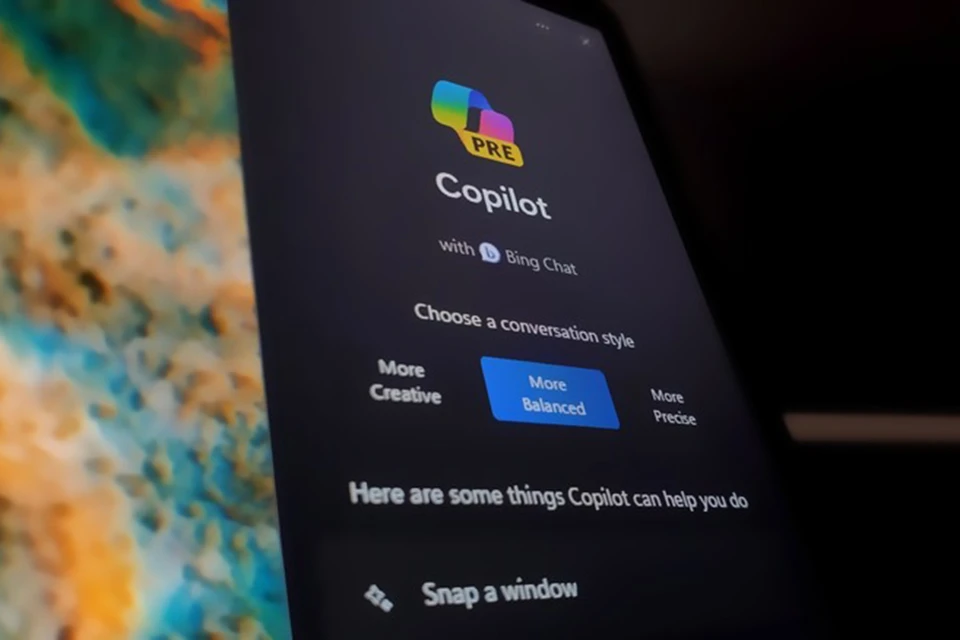
Even apps like Copilot are coming to Windows 10
The next reason is simple: Microsoft doesn't offer an upgrade incentive. The jump from Windows 7/8 to 10 is a big one, with a host of new features and tools for work and play. And it doesn't stop there: features that were supposed to be exclusive to Windows 11 are finally coming to Windows 10, like Direct Storage and even Copilot. So why upgrade?
This year users are expected to receive the successor to Windows 11, Windows 12. This will be Microsoft's new operating system, a system that we still know very little about but almost certainly tries to solve the problems that occurred with Windows 11. It will be a less restrictive system, focusing on usability.
Source link



![[Photo] General Secretary To Lam attends the 80th Anniversary of the Cultural Sector's Traditional Day](https://vstatic.vietnam.vn/vietnam/resource/IMAGE/2025/8/23/7a88e6b58502490aa153adf8f0eec2b2)









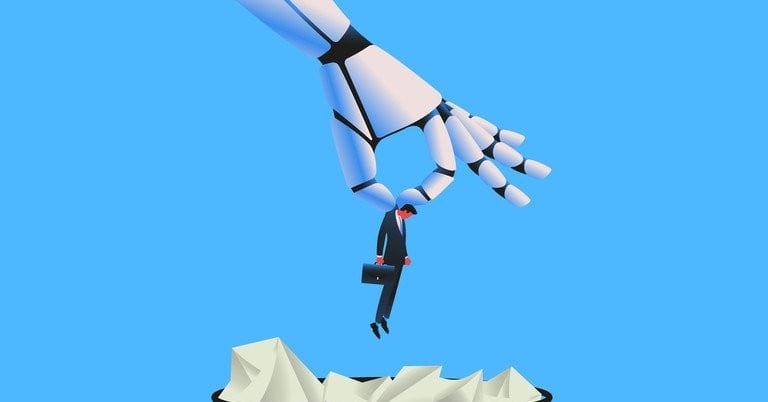
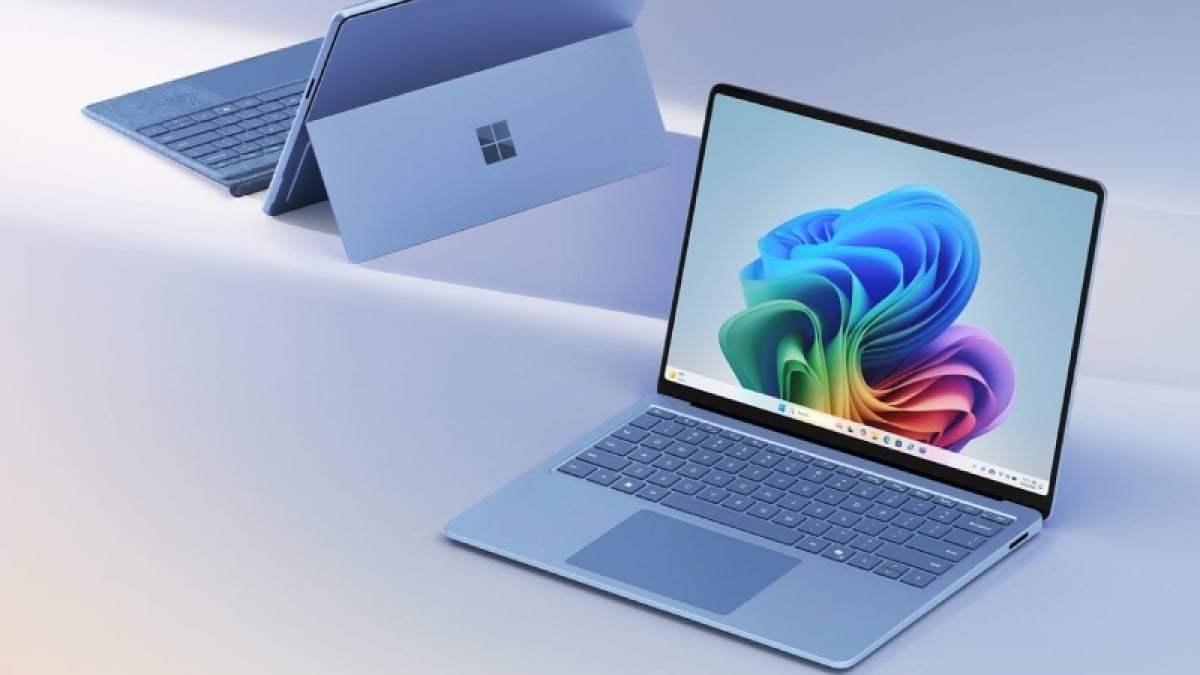

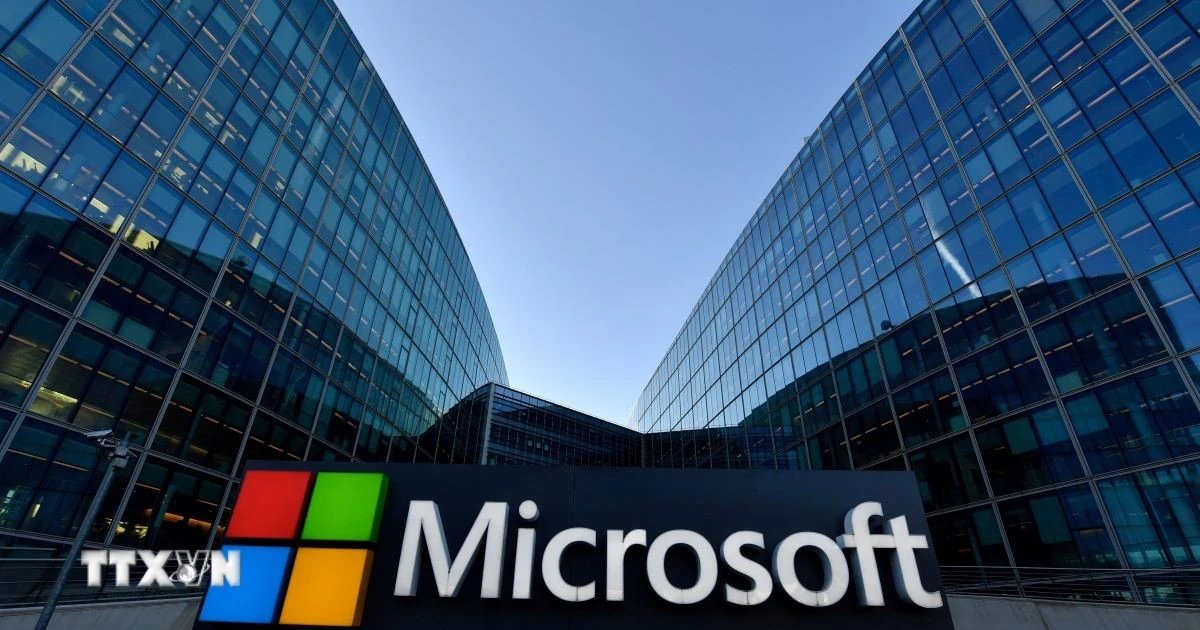

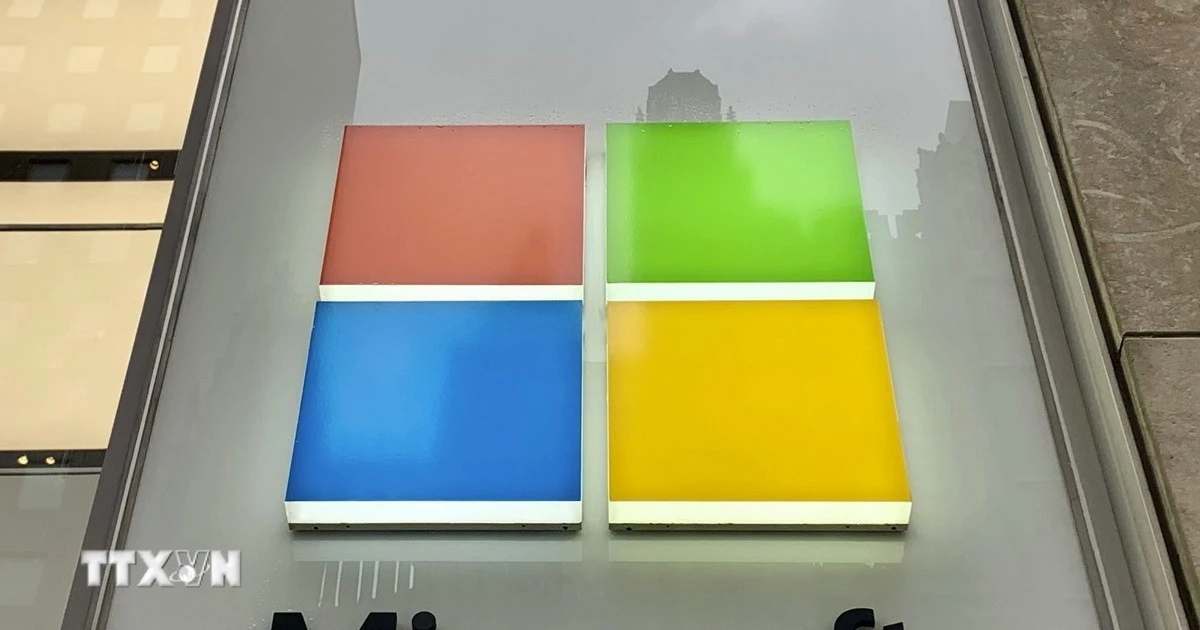



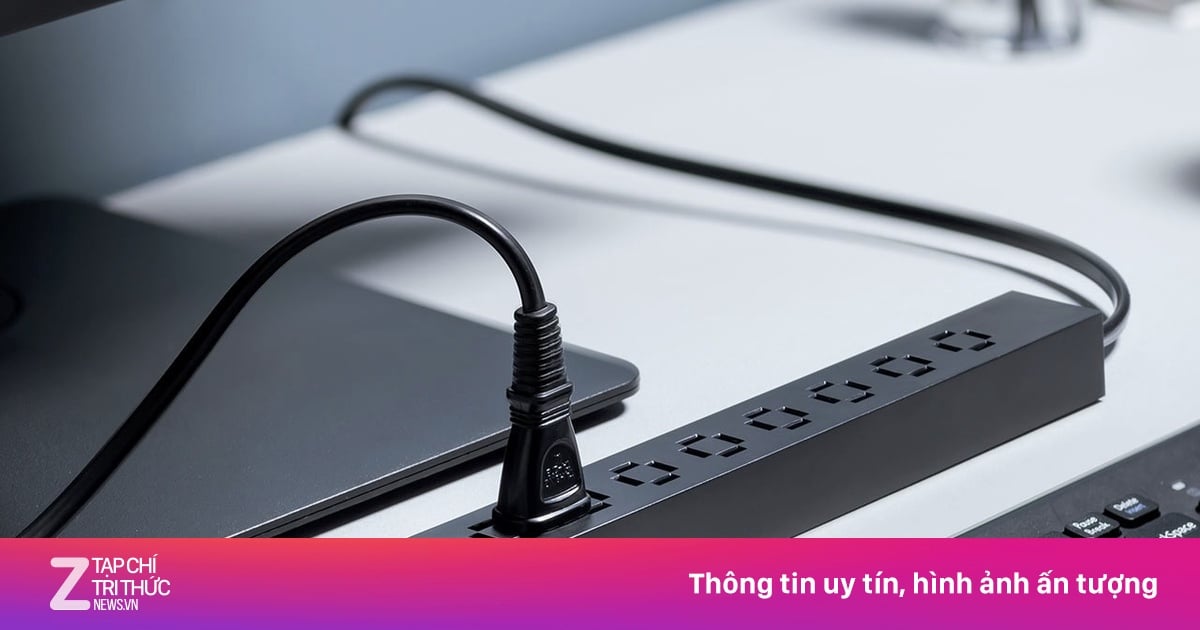

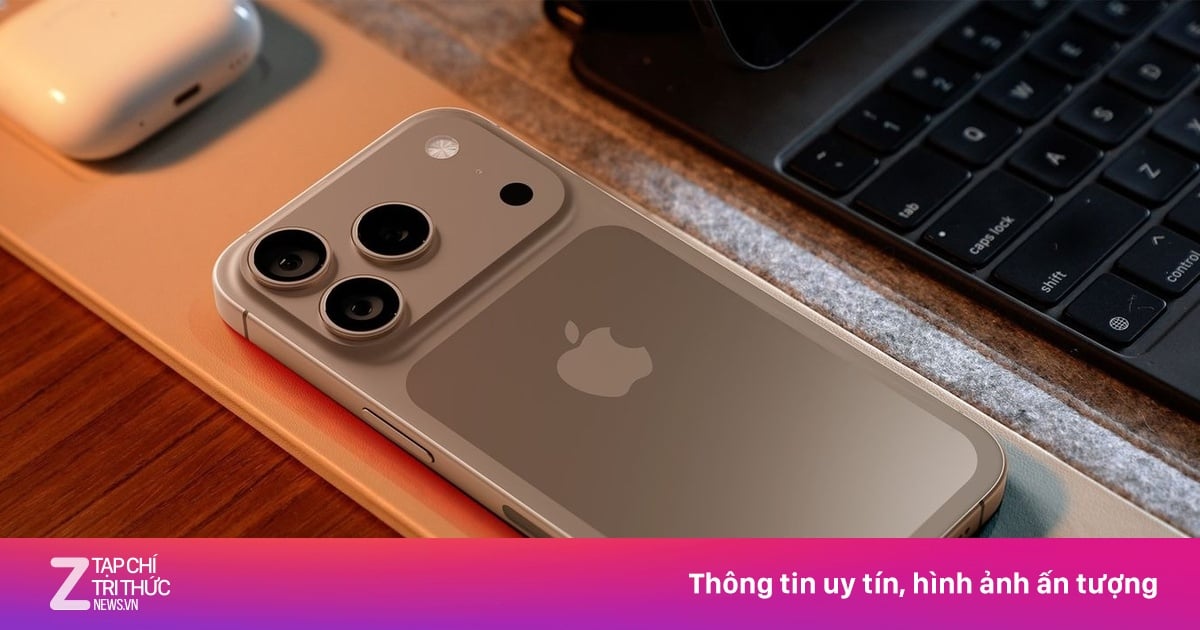
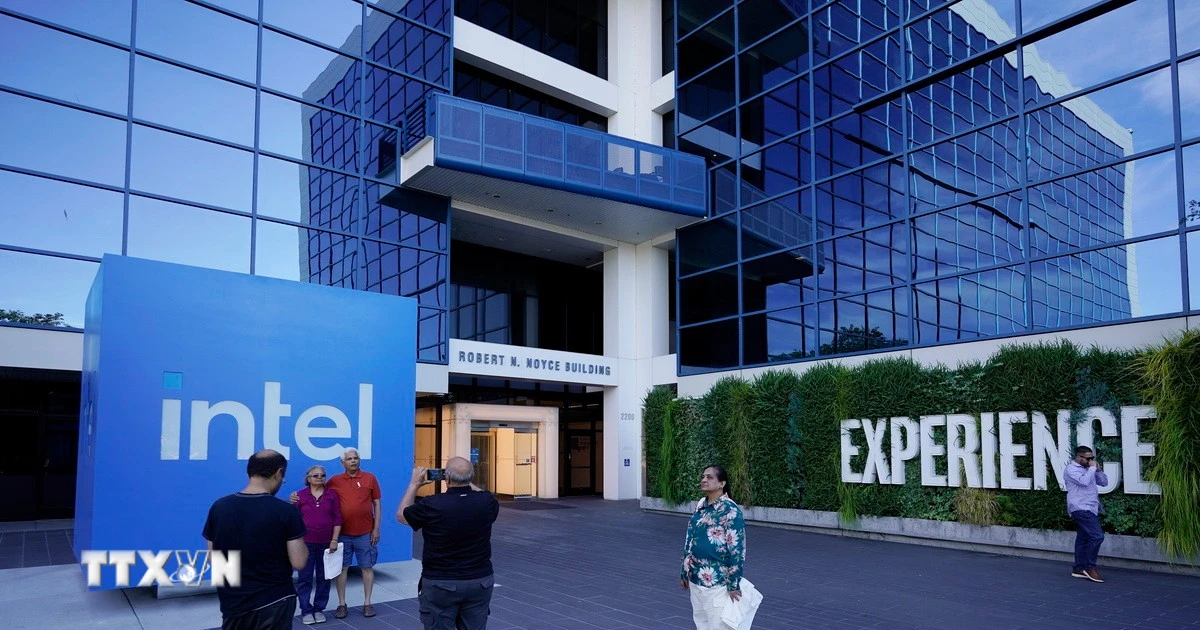








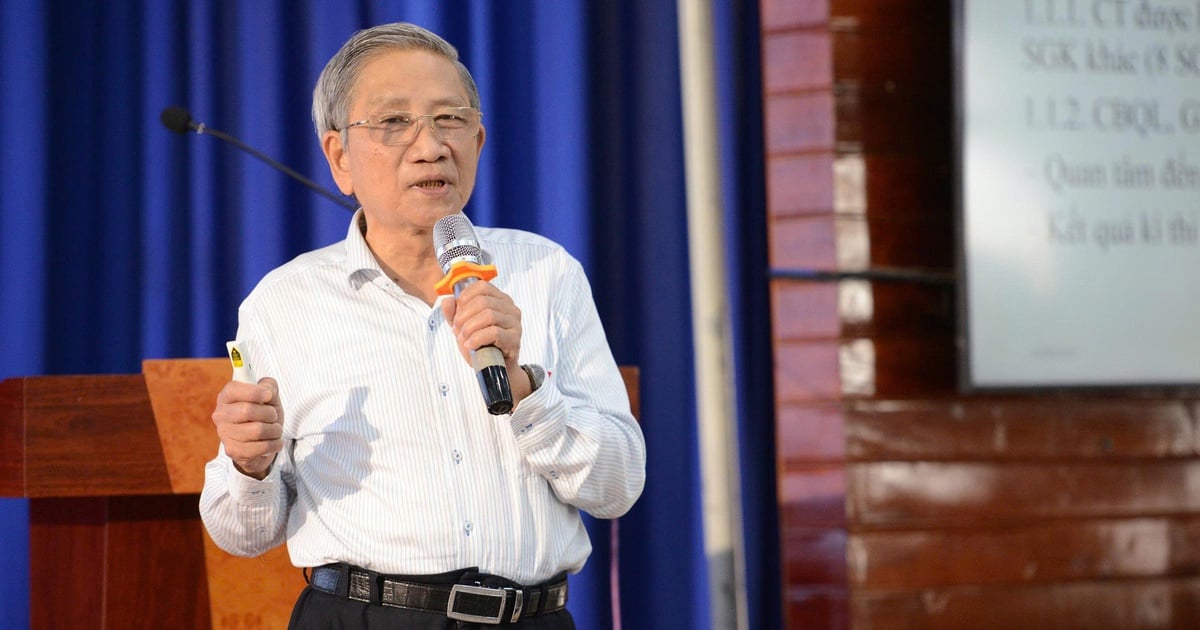


































































Comment (0)